
Qing Bao (Photo/China Conservation and Research Center for the Giant Panda)
In a much anticipated event, two giant pandas left China on Monday en route to the National Zoo in Washington DC.
The 3-year-old giant pandas — Bao Li (a male born on Aug 4, 2021) and Qing Bao (a female born on Sept 12, 2021) — are on the way from the China Conservation and Research Center for the Giant Panda in Sichuan province, the China Wildlife Conservation Association said on Monday.
Bao Li means "treasure" and "energetic" in Chinese and Qing Bao, "treasure in green mountains".
The pair will soon start their 10-year life abroad, according to an agreement signed by the association and the zoo in April.
Bao Li is the son of Bao Bao, a female giant panda who was born at the National Zoo in 2013, and the grandson of Mei Xiang and Tian Tian, the DC zoo's last panda couple.
"We believe that the new round of China-US international cooperation on giant panda conservation will, on the basis of the existing good cooperation, produce more results in the prevention and control of major giant panda diseases, epidemic prevention and control, scientific and technological exchanges, and support for the wild protection of giant pandas and the construction of the Giant Panda National Park, and make new contributions to global biodiversity conservation and enhancing the friendship between the two peoples," the association said in a statement.
China sent experts to the National Zoo for guidance and prepared water, medicine and various food items, such as wowotou (steamed corn bread), bamboo shoots and carrots for the pandas during the flight.
The National Zoo, which is part of the Smithsonian Institution, has renovated the pandas' habitat and supplied it with a stable source of edible bamboo.
"Something *giant* is coming to Washington, D.C. via the @FedEx Panda Express! The Zoo will be closed to the public tomorrow, Oct. 15. For the safety of the pandas and staff, we will not disclose any additional timing," the zoo posted on X on Monday evening.
The bears are being transported from Chengdu on a FedEx Boeing 777 cargo jet called the "Panda Express", reported The Washington Post. FedEx posted Monday on X that the Panda Express was "on the move".
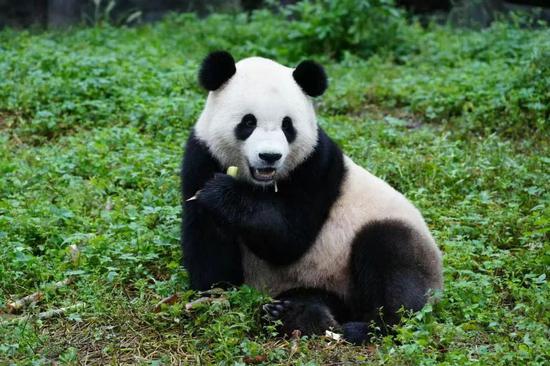
A FedEx cargo jet from Chengdu via Anchorage, Alaska, is scheduled to arrive at Dulles International Airport in Northern Virginia at 9:55 am EDT Tuesday, according to FlightAware.com, a flight-tracking and data platform.
The zoo sent three experienced keepers and veterinary experts to Sichuan in advance to participate in the caring of the pandas and accompany them on their flight to the United States. The zoo also has set up a breeding and management system.
"Our goal is to raise $25 million to secure a future for giant pandas at the Smithsonian's National Zoo and protect this magnificent bear species and the mountain forest habitats it calls home," the zoo says in an appeal on its website.
The new bears will arrive 11 months after the zoo sent its three wildly popular pandas — 25-year-old Mei Xiang, 26-year-old Tian Tian and their cub Xiao Qi Ji — home to China.
Breeding panda pairs in the Memphis and San Diego zoos already have returned to China, and the four pandas at the Atlanta zoo left for China last week.
Chinese President Xi Jinping expressed support for continuing the giant panda conservation programs during a visit last November to San Francisco for a China-US summit and the 30th Asia-Pacific Economic Cooperation Economic Leaders' Meeting.
Two pandas — Yun Chuan, a 5-year-old male, and Xin Bao, a 4-year-old female — arrived at the San Diego Zoo in August, the first pandas sent to the United States in more than two decades. Two other pandas have been promised to San Francisco.
In May, National Zoo Director Brandie Smith and Smithsonian Institution Secretary Lonnie G. Bunch III joined US first lady Jill Biden to announce that Bao Li and Qing Bao would arrive by the end of 2024.
Liu Pengyu, a spokesperson for the Chinese embassy in Washington, said the United States was among the first countries to work with China on panda conservation.
Pandas have become an unofficial symbol of the US capital, dating to 1972, when the first pair — Ling Ling and Hsing Hsing — were sent as a gift from Chinese Premier Zhou Enlai following President Richard Nixon's historic diplomatic visit to China.
"Since we started the cooperation program with the National Zoo in 2000, positive outcomes have been achieved in panda conservation and breeding, disease prevention and treatment, and public awareness," Liu told China Daily on Monday.
Together, the researchers have successfully bred 17 panda cubs and solved a number of technical challenges, he added.
"The current round of cooperation will focus on prevention and treatment of major diseases, and protection of habitats and wild giant panda populations," he said. "We hope the arrival of the pandas will inject fresh impetus into exchanges between China and the US, and help to stabilize the broader bilateral relationship as well."
Elliott L. Ferguson II, president and CEO of Destination DC, said: "The giant pandas are an iconic part of the Washington DC story, both for locals and incoming travelers alike. The interest and excitement associated with their return directly benefits the entire city, bringing further interest and visitors to our hotels, restaurants and other attractions."









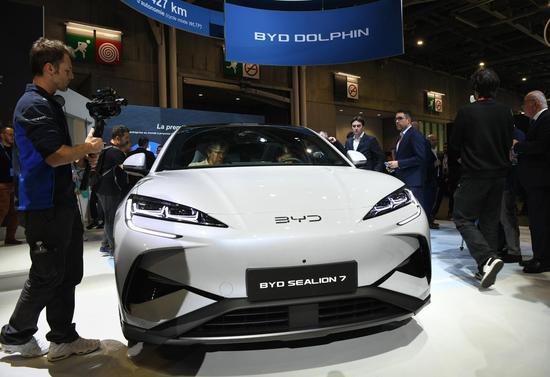
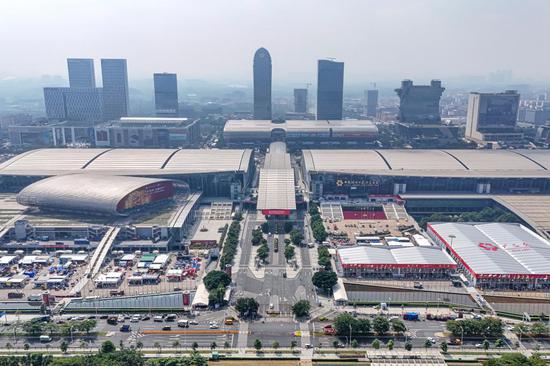
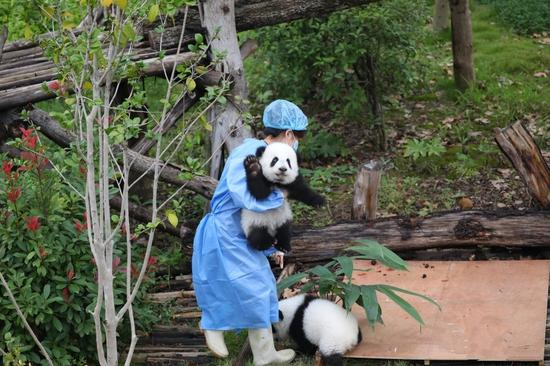


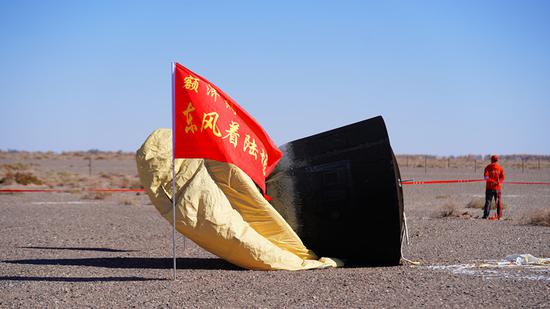


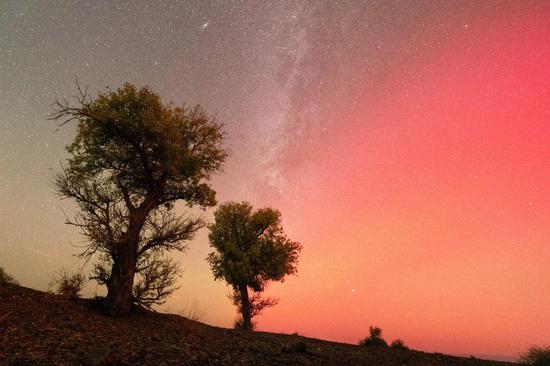

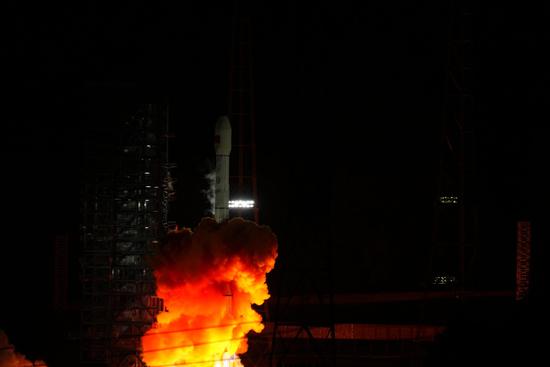

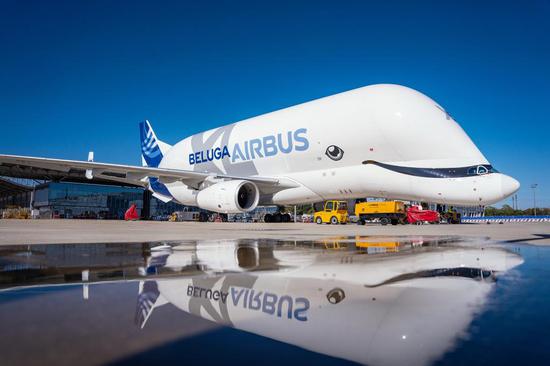






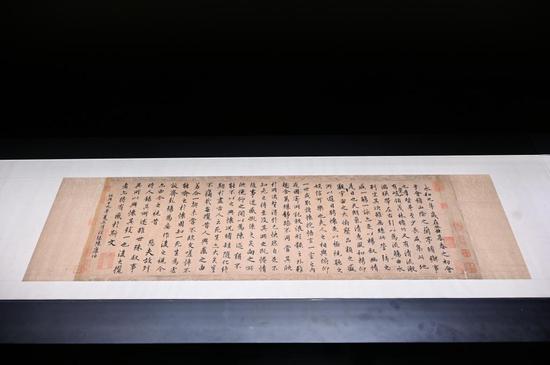

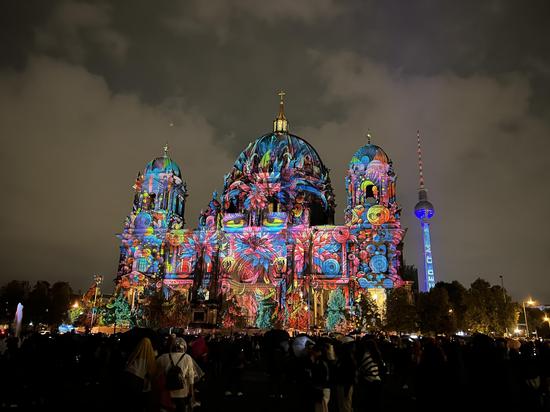
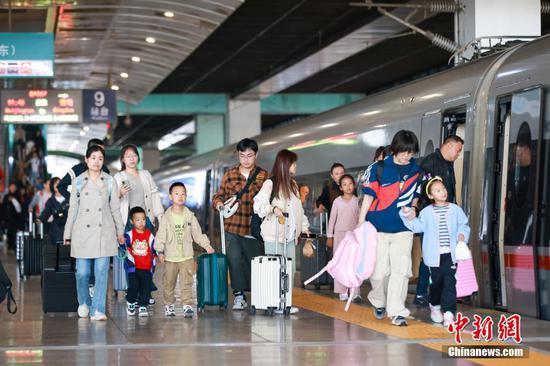
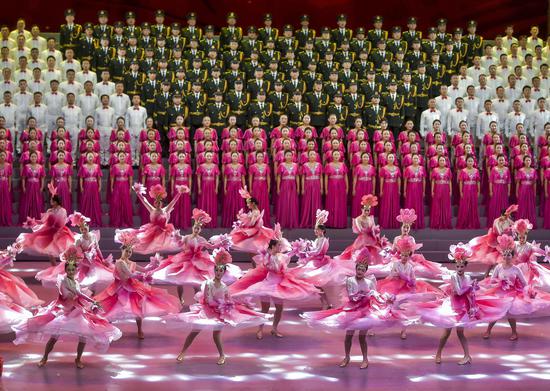















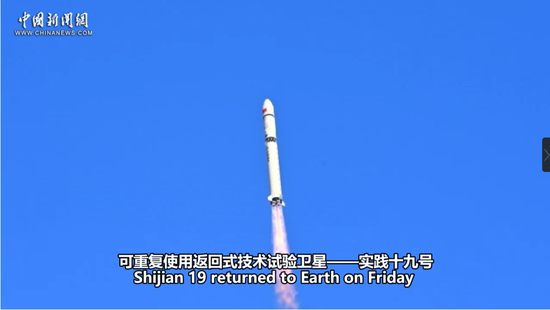

 京公网安备 11010202009201号
京公网安备 11010202009201号